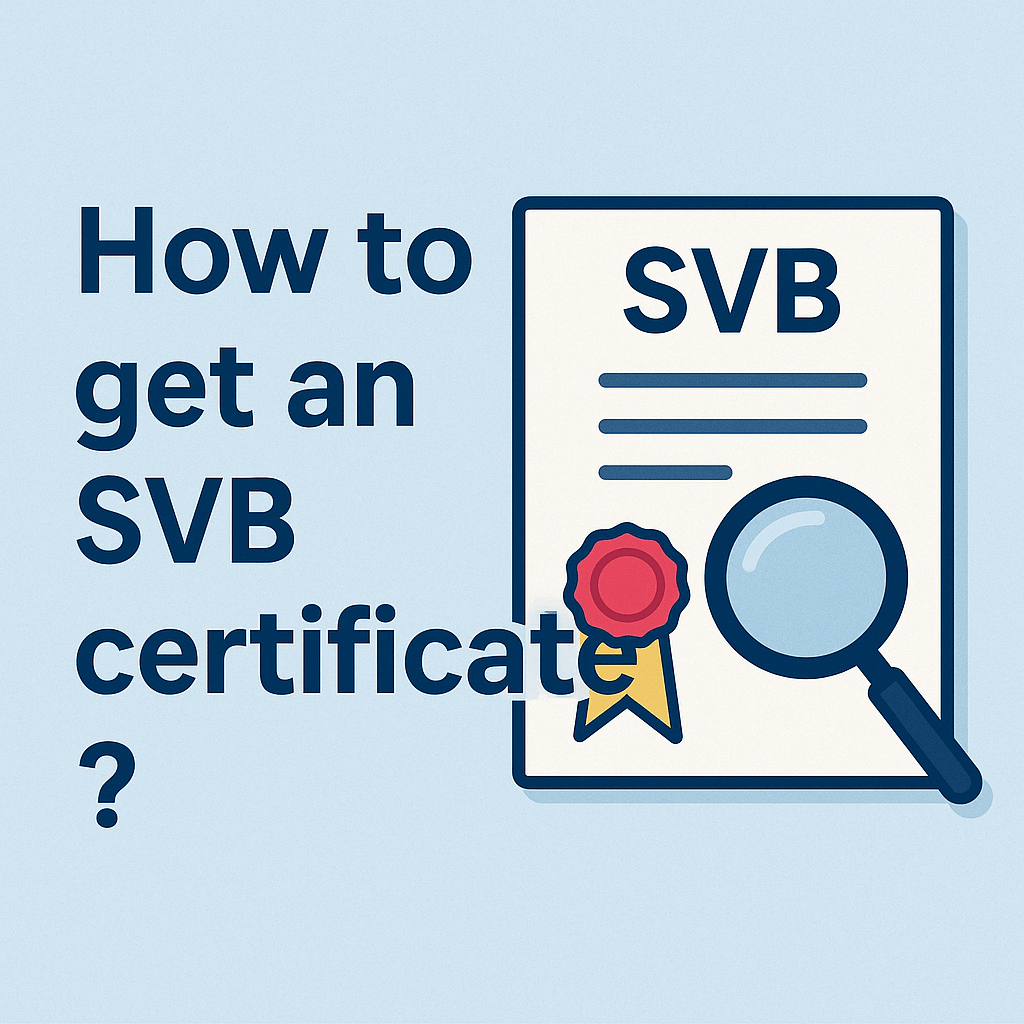Explore
- Home
- About Us
- Services
- Blog
- Contact Us
Quick links
- Guide to Import
- Guide to Export
- ICEGATE
- DGFT
- Get DSC

Obtaining a Special Valuation Branch (SVB) certificate is a crucial compliance requirement for importers who transact with related foreign entities. Under Indian Customs Valuation Rules, specifically Rule 2(2) of the Customs Valuation (Determination of Value of Imported Goods) Rules, 2007, such transactions are subject to special scrutiny to ensure that the declared transaction value is not influenced by the relationship between the importer and the supplier. If the relationship is disclosed while filing the Bill of Entry, customs may refer the matter to the SVB for further examination.
To initiate the SVB process, the importer must submit a comprehensive set of documents, including Form SVB-I, a detailed questionnaire, commercial agreements, invoices, price lists, past import data, and, if applicable, transfer pricing documentation. A security deposit is also required, and the importer may be called for a personal hearing. These steps help customs determine whether the invoice value is acceptable or needs adjustments.
Once the assessment is completed, the SVB issues an order or certificate, which is typically valid for three years. During this period, subsequent imports from the same related supplier are cleared without repeated valuation checks. For compliance-focused import-export businesses, having an SVB certificate ensures transparency, faster customs clearance, and uninterrupted supply chain operations—making it a vital part of international trade compliance.
EXCELLENTTrustindex verifies that the original source of the review is Google. Had a really good experience with JParks India. Rahul sir helped me a lot with my import work and were always active and responsive. Whatever documents or guidance was needed, they handled everything smoothly and explained things clearly. Felt stress-free throughout the process. Very helpful team, definitely recommend them if you’re doing import or export.Posted onTrustindex verifies that the original source of the review is Google. Quick & reliable servicePosted onTrustindex verifies that the original source of the review is Google. I took import consultancy services from Mr. Rahul at Jparks India Private Limited, and I must say he has excellent knowledge of the process. Really appreciate his professionalism and support. highly recommended!Posted onTrustindex verifies that the original source of the review is Google. very prompt and authentic services. team very responsive and courteous.Posted onTrustindex verifies that the original source of the review is Google. Wonderful Service and Very Fast. Love to recommend everyone. Thank youPosted onTrustindex verifies that the original source of the review is Google. I can get your import and export support in the future and I need it...I hopePosted onTrustindex verifies that the original source of the review is Google. Good service and posstive resposePosted onTrustindex verifies that the original source of the review is Google. Words fastest service for IEC Certificate and many for your Business They really understand client problem.Posted onTrustindex verifies that the original source of the review is Google. I found Mr Rahul Kolge quite professional & ethicalPosted onTrustindex verifies that the original source of the review is Google. Very Good and prompt response by the team and the work was completed in A day Appreciate itVerified by TrustindexTrustindex verified badge is the Universal Symbol of Trust. Only the greatest companies can get the verified badge who has a review score above 4.5, based on customer reviews over the past 12 months. Read more







